From Alan Cumming to David Bowie – the celebrities who said no to OBEs and other honours
Whether for political, personal or professional reasons, not everyone considers a royal award an 'honour'
Your support helps us to tell the story
From reproductive rights to climate change to Big Tech, The Independent is on the ground when the story is developing. Whether it's investigating the financials of Elon Musk's pro-Trump PAC or producing our latest documentary, 'The A Word', which shines a light on the American women fighting for reproductive rights, we know how important it is to parse out the facts from the messaging.
At such a critical moment in US history, we need reporters on the ground. Your donation allows us to keep sending journalists to speak to both sides of the story.
The Independent is trusted by Americans across the entire political spectrum. And unlike many other quality news outlets, we choose not to lock Americans out of our reporting and analysis with paywalls. We believe quality journalism should be available to everyone, paid for by those who can afford it.
Your support makes all the difference.Alan Cumming has earnt the praise of fans as he revealed that he was the latest celebrity to return his OBE.
The Scottish star of stage and screen announced on Friday (27 January), his 58th birthday, that he had “recently” returned the honour given to him in 2009 for services to the arts and his LGBT+ activism in the US.
Writing on Instagram, Cumming explained that recent public conversations about the monarchy and British Empire had made him reconsider and return the prestigious honour he’d once been so proud of.
In doing so, Cumming joins a number of well-known individuals to have refused an honour for a variety of reasons, whether political, personal, or because they did not feel it was appropriate.
Here is a run-down of familiar faces who have spurned their honours:
Skepta
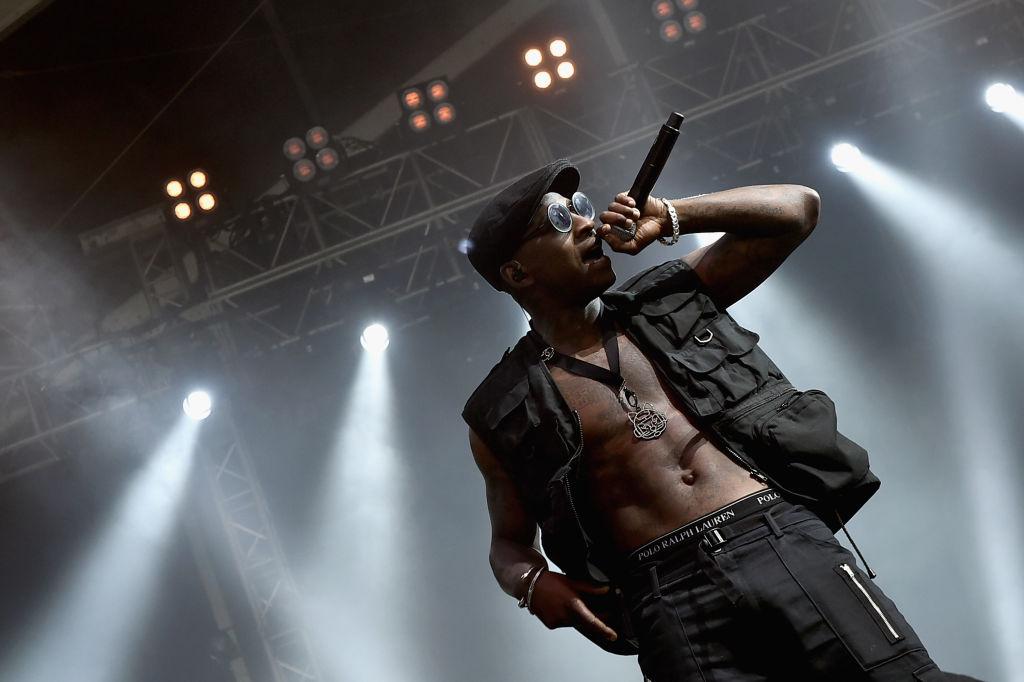
Skepta claimed he had turned down an MBE for the 2017 New Year's Honours via a new track, titled “Hypocrisy”.
In the second verse of “Hypocrisy”, he raps: “Just came back from the Ivors/ And look at what we collected/ The MBE got rejected/ I'm not trying to be accepted.”
Alan Cumming
Of his decision return his OBE, Cumming wrote: “The Queen’s death and the ensuing conversations about the role of monarchy and especially the way the British Empire profited at the expense (and death) of indigenous peoples across the world really opened my eyes.
“Also, thankfully, times and laws in the US have changed, and the great good the award brought to the LGBTQ+ cause back in 2009 is now less potent than the misgivings I have being associated with the toxicity of empire (OBE stands for Officer of the British Empire).”
The 58-year-old concluded: “So I returned my award, explained my reasons and reiterated my great gratitude for being given it in the first place. I’m now back to being plain old Alan Cumming again. Happy birthday to me!”
Enjoy unlimited access to 100 million ad-free songs and podcasts with Amazon Music
Sign up now for a 4 month free trial (3 months for non-Prime members)
Enjoy unlimited access to 100 million ad-free songs and podcasts with Amazon Music
Sign up now for a 4 month free trial (3 months for non-Prime members)
Paul Weller
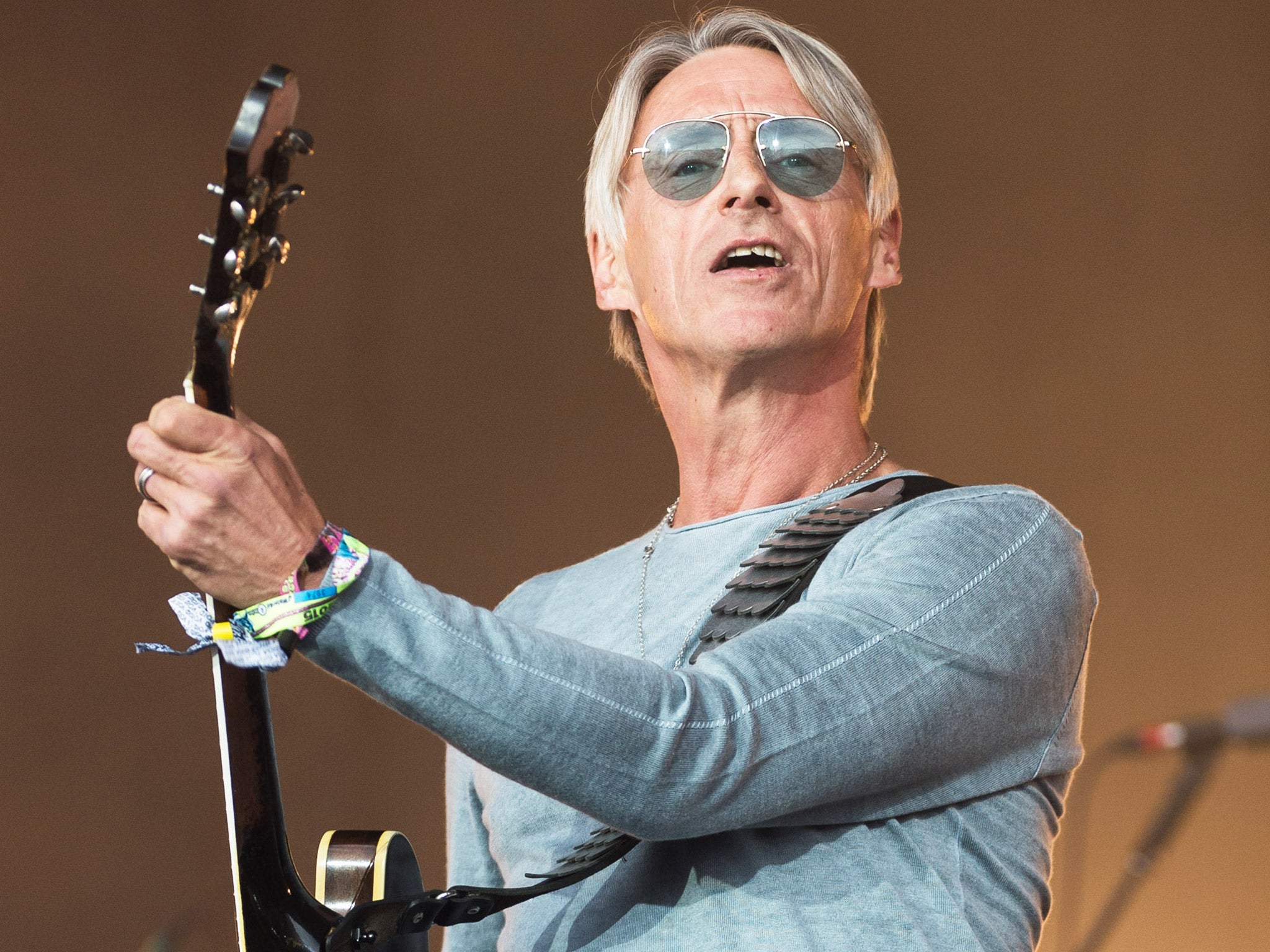
The musician rejected a CBE in 2006. In a statement a spokesperson for Weller simply said: “Paul was surprised and flattered, but it wasn’t really for him.”
Francis Crick
The physicist who discovered DNA, along with James Watson, was offered a CBE in 1963 but declined, one year after they were awarded the Nobel Prize in Medicine. He apparently believed the British monarchy to be “out of date”, reported the Mail.
Yasmin Alibhai-Brown
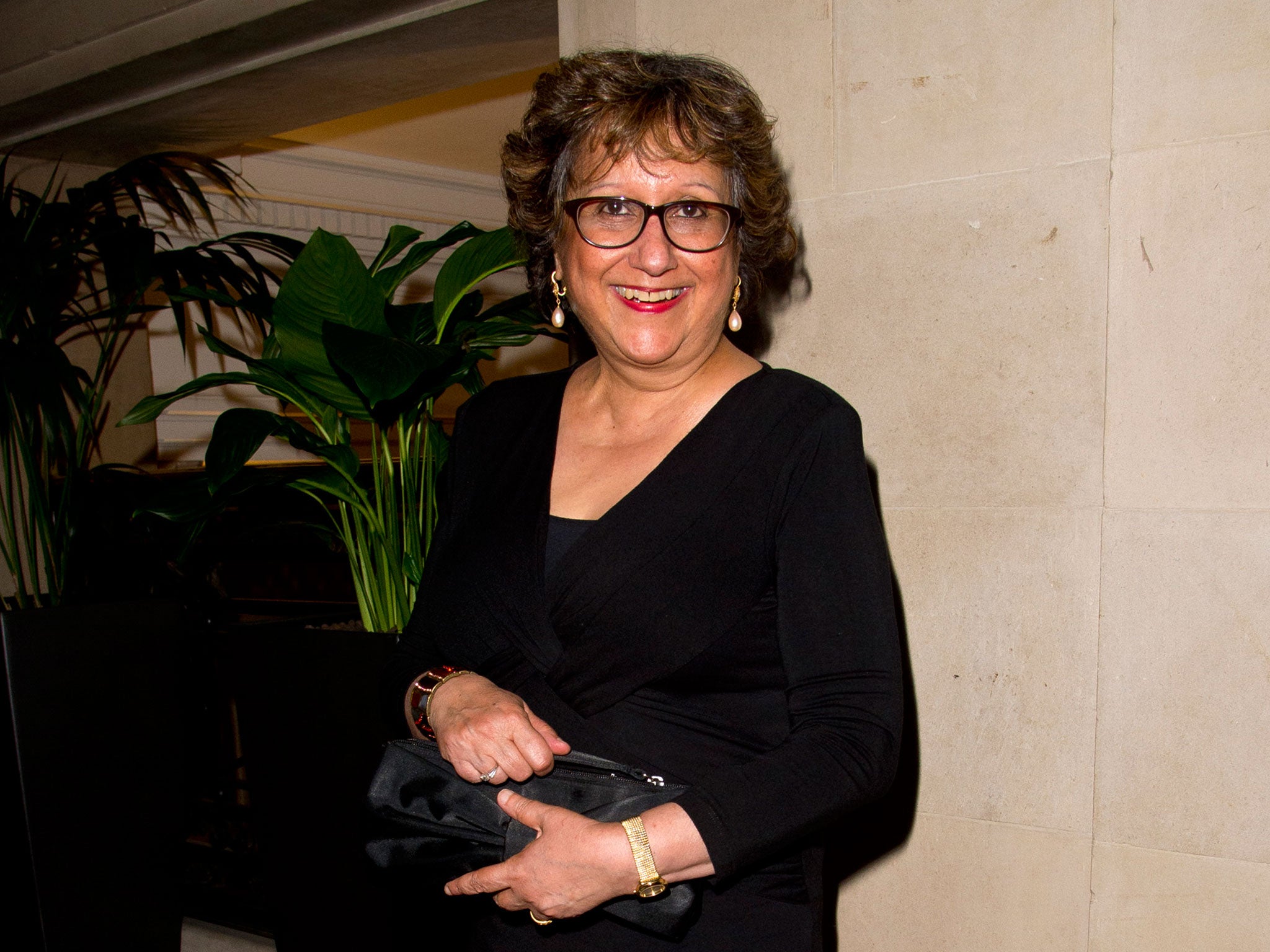
The journalist and author said in 2006 she had been “stupid” to accept an MBE, which she later returned.
“I was stupid once and allowed myself to accept an MBE, partly to please my mum, who was always afraid that my big mouth would get us deported from here, as we were from Uganda," she wrote.
“Then the poet Benjamin Zephaniah shamed me live on Channel 4 News, just as the Iraq war was building up and my republicanism was solidifying.
“I returned the lovely object and have had to put up with scorn ever since, some deserved. But I now speak with the zeal of a convert. The honours system sucks and we should start again, devise a fair and independent new method to annually acclaim exceptional citizens for their contribution to the nation, not to overweening political parties or the semi-skilled, dysfunctional Windsors.”
Ken Loach

The film director, whose films focus on social issues such as poverty and homelessness, spoke about turning down an OBE in 1977.
“It’s all the things I think are despicable: patronage, deferring to the monarchy and the name of the British Empire, which is a monument of exploitation and conquest," he said.
“I turned down the OBE because it’s not a club you want to join when you look at the villains who’ve got it.”
Michael Sheen
In 2020, Welsh actor Michael Sheen said that he had returned his OBE in 2017, while calling for the royal family to abandon the tradition of giving the title of Prince of Wales to the English throne’s heir apparent.
When he was due to present a lecture about state relations between the English and the Welsh, he opted to relinquish the honour to avoid hypocrisy.
“By the time I’d finished writing that lecture, I remember sitting there going, ‘Well, I have a choice. I either don’t give this lecture and hold on to my OBE or I give this lecture and I have to give my OBE back,” he said.
Alan Bennett

Playwright and author Alan Bennett turned down the offer of becoming a CBE in 1988 and then rejected a knighthood in 1996.
He said the reason for doing so was because he did not believe that he could carry off being a knight: “I felt that, in my case, it just wouldn’t suit me, that’s all. It would be like wearing a suit every day of your life.”
Jim Broadbent
“I was offered an OBE a couple of years ago, but I said ‘no’," Jim Broadbent revealed in 2012.
"I’m not that comfortable with actors receiving honours, partly because I think they ought to go to those who really help others.
“Besides, I like the idea of actors not being part of the establishment. We’re vagabonds and rogues, and we’re not a part of the authorities and establishment, really. If you mix the two together, things get blurry.”
Jon Snow
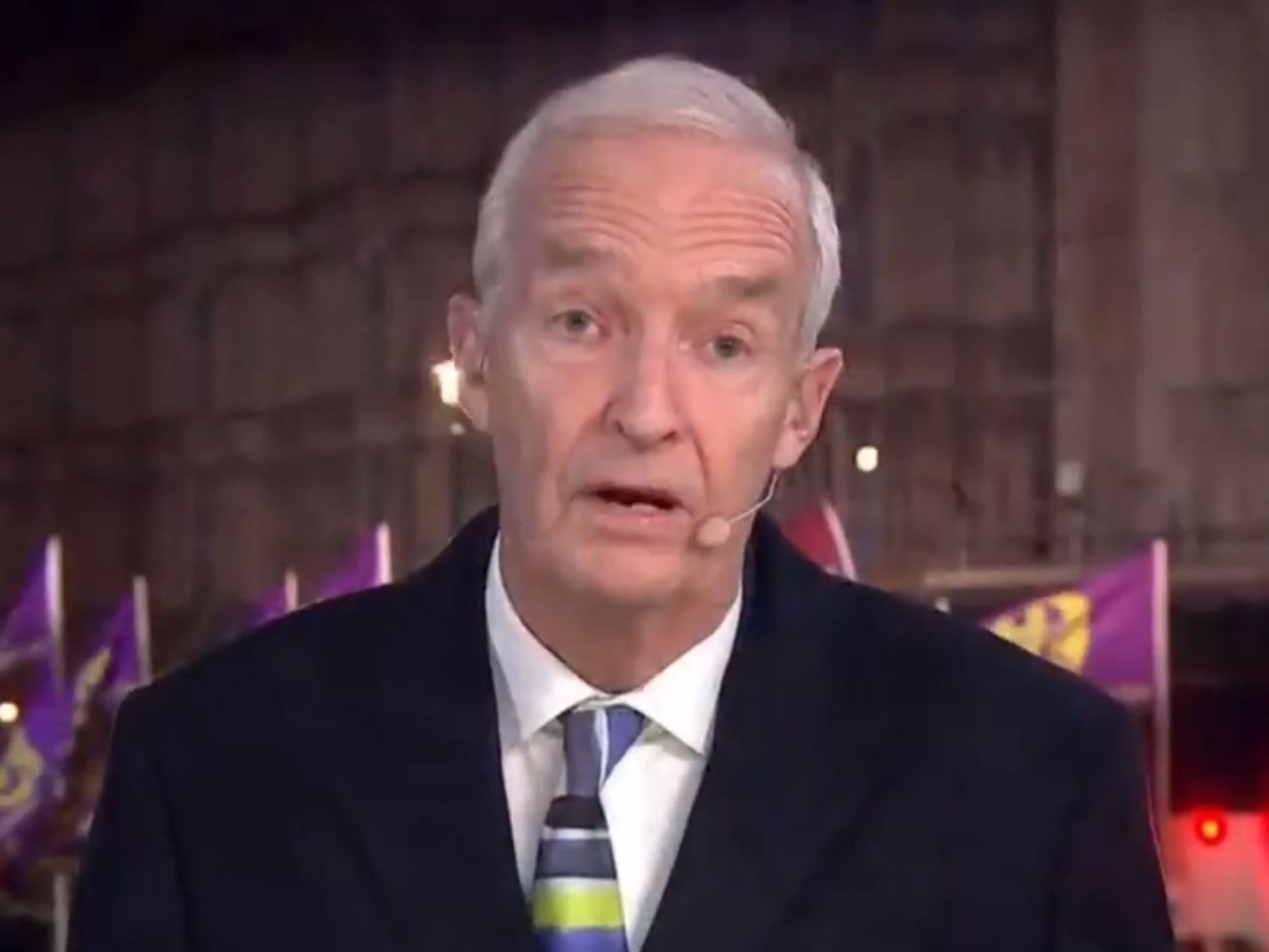
The Channel 4 News anchor who has a career spanning 40 years and reported on major events such as the fall of the Berlin Wall and Nelson Mandela’s release from prison turned down an OBE on the grounds of being a journalist.
He said he believed journalists shouldn’t take honours from the government, explaining: “I tried to find out why I’d been given it and was unable to get a clear answer, or, indeed to find out who had proposed me,” reports the New York Times.
Benjamin Zephaniah
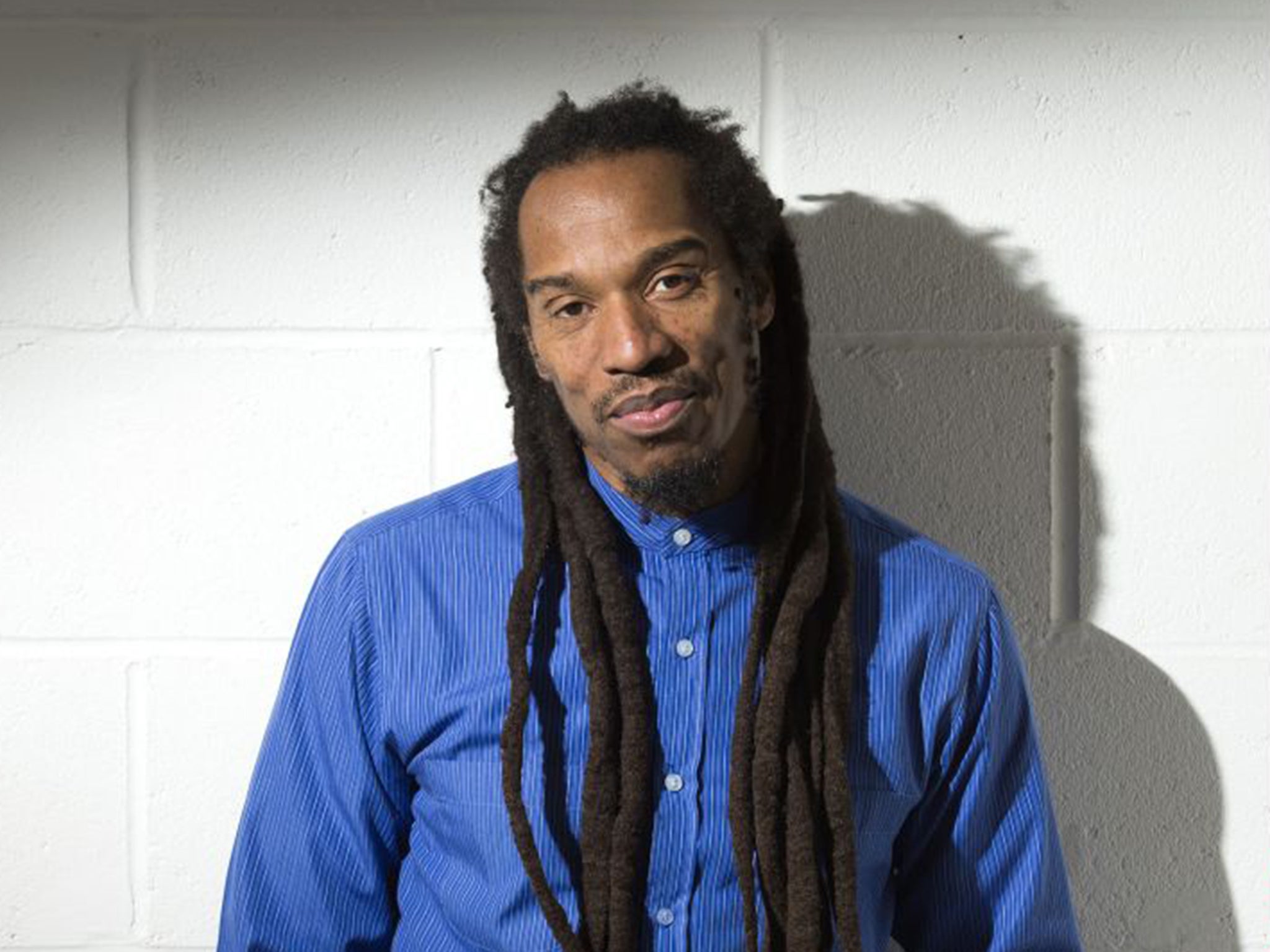
The celebrated poet turned down an OBE in 2003. Penning an article for the Guardian, he firmly asserted: “Benjamin Zephaniah OBE – no way Mr Blair, no way Mrs Queen. I am profoundly anti-empire.” Explaining he “gets angry” when hearing the word “empire” the poet also said it would have been better to give him “one of these empire things” for his work to combat racism or promoting animal rights rather than literature where “there are a whole lot of writers who are better than me.”
John Le Carre
The Tinker Tailor Soldier Spy author was among a 2003 list of leaked names of those who declined an honour. It is not clear what honour le Carre declined, or his reason for doing so.
French and Saunders
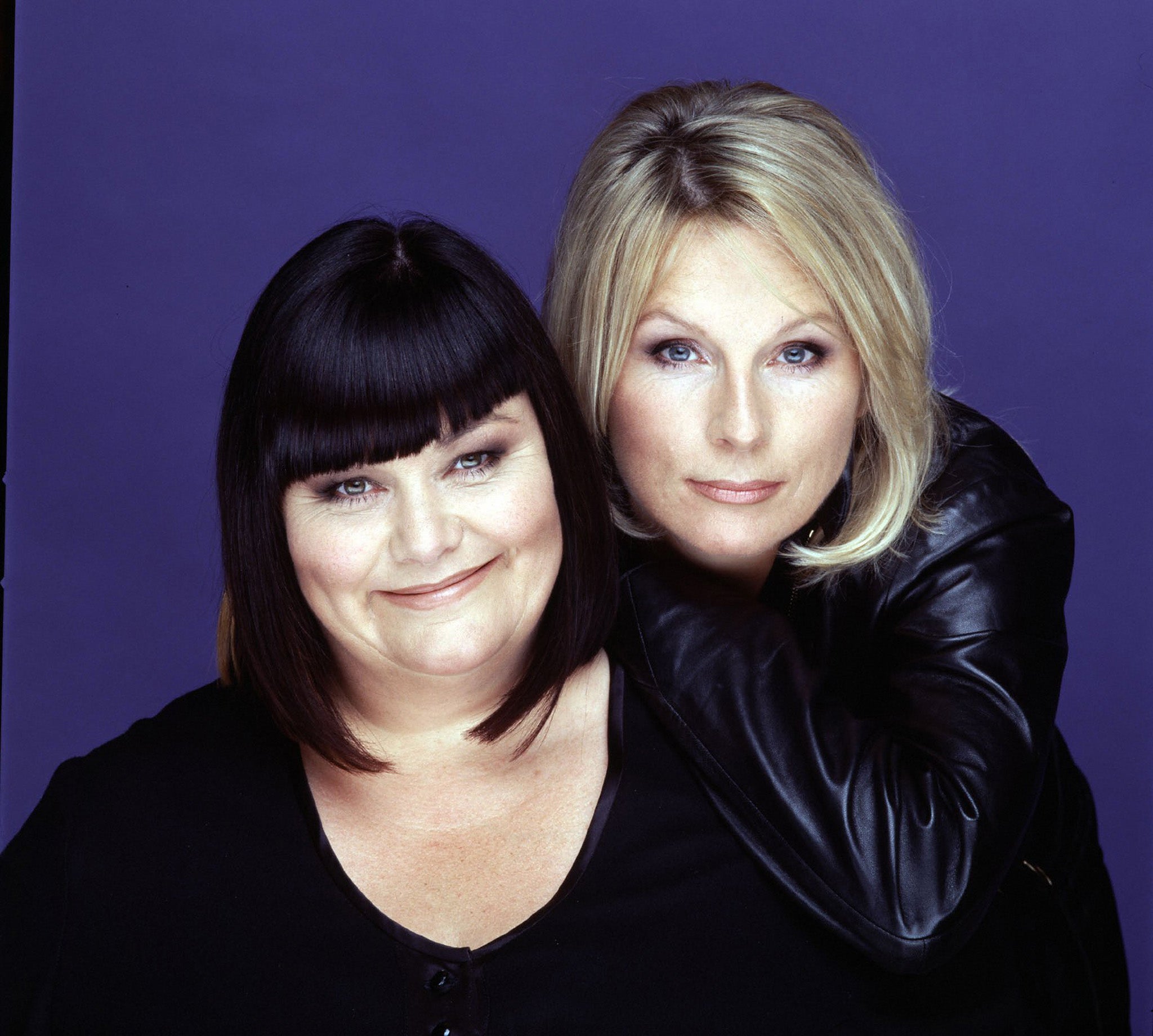
The comedy duo turned down OBEs in 2001. Saunders later toldSource magazine in 2008: “If I felt I deserved a Damehood I’d accept it.”
Looking back she said: “At the time, we felt that we were being paid very well to have a lot of fun. It didn’t seem right somehow… It felt a bit fake to stand alongside people who devoted their lives to truly worthy causes.”
Roald Dahl
The beloved children’s author behind Charlie and the Chocolate Factory who died in 1990 reportedly refused a knighthood in 1986. His name was one of many revealed by the Telegraph after a Freedom of Information act in 2012.
John Oliver
British-American comedian and Last Week Tonight presenter John Oliver declined an OBE a few years ago, describing the experience to Conan O’Brien.
“There was a moment of thinking, ‘I get to go Buckingham Palace, that would be an experience,’” he said. “Then what kicks in is, ‘Oh no I don’t want that at all. I don’t want an Order Of The British Empire. Why on earth would I want that?’ Then I looked up all the people who rejected it. I think the Beatles gave it back in the end.
“Awards for comedy are inherently silly,” added Oliver.
David Bowie
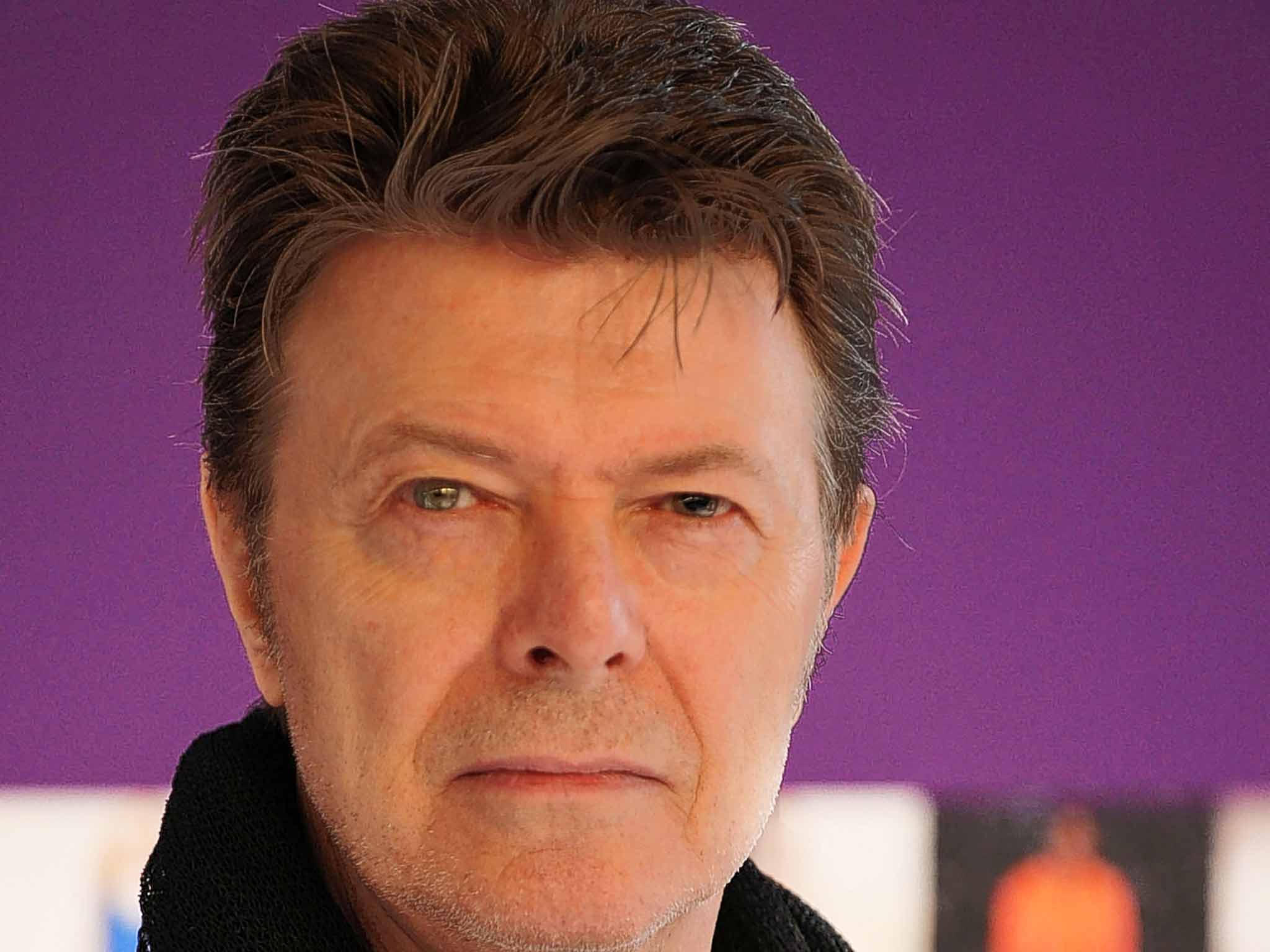
The iconic performer spurned honours twice. He refused a CBE in 2000 and later a knighthood in 2003. The 68-year-old reportedly explained: “I would never have any intention of accepting anything like that. I seriously don’t know what it’s for. It’s not what I spent my life working for."
Nigella Lawson
The TV chef was another name who was revealed to have turned down an OBE in 2001. She explained: “I’m not saving lives and I’m not doing anything other than something I absolutely love.”
Danny Boyle
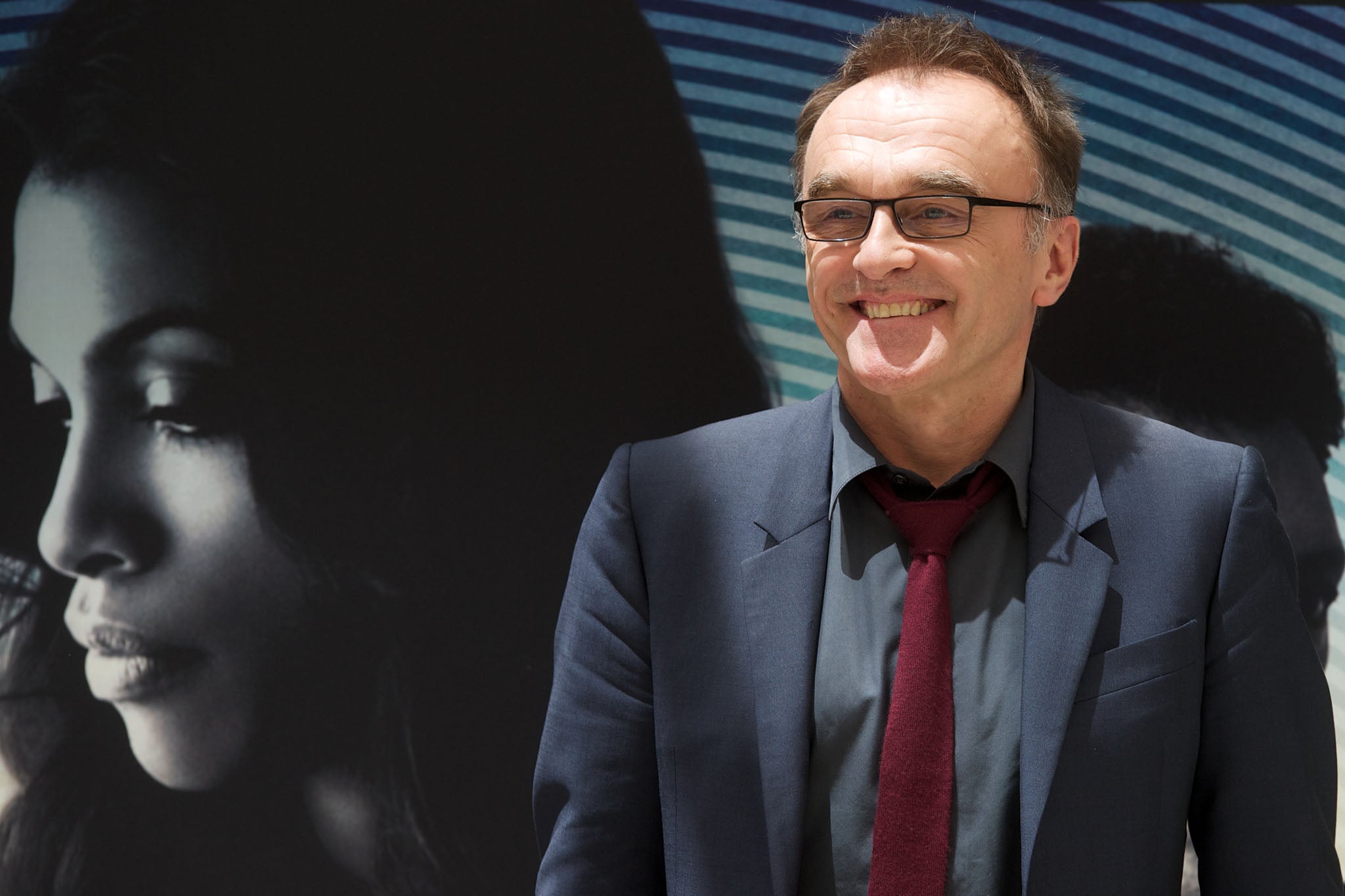
The award-winning director was offered a knighthood following his successful Opening Ceremony routine at the London Olympics in 2012. He rejected "Sir Danny", saying he’d rather be a “man of the people” and that he’s proud to be an “equal citizen” which was reflected in his Opening Ceremony.
Alfred Hitchcock
The Birds and Psycho director turned down a CBE in 1962 but later went on to accept a knighthood and was ‘Sir Alfred Hitchcock’ for only four months before his death in 1980. According to the Daily Mail, he originally refused the lesser title because it didn’t do justice to his contribution to British culture.
Stephen Hawking

In 2008, the scientist told how he was offered a knighthood in the late 1990s but declined – reportedly over the UK government’s science funding.
John Lennon
The Beatle didn’t exactly turn his MBE down, but returned it four years after receiving the accolade.
In a letter to the Queen explaining his decision he listed Britain’s involvement in “the Nigeria-Biafra thing” (The Nigerian Civil War), the support of the USA’s war in Vietnam and “'Cold Turkey' [by Plastic Ono Band] slipping down the charts”.




Join our commenting forum
Join thought-provoking conversations, follow other Independent readers and see their replies
Comments